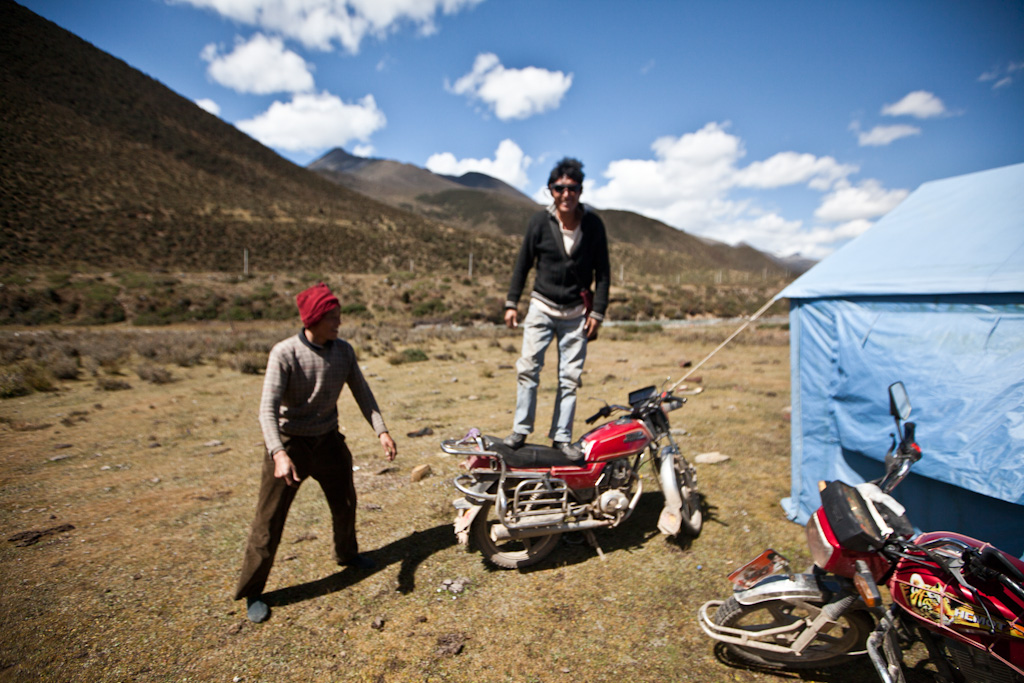Over the years I’ve had the (mostly) good fortune to interact with a wide variety of folks from the media – journalists, reporters, photographers, writers, editors – they tend to be smart, opinionated and appreciate what it takes to have a good conversation. For the researcher of the human condition being on the other side of the notepad is a busman’s holiday.
In the rush of everyday corporate life its common to have close to minimal preparation time prior to an interview – and whilst going in totally cold can work more often than not it makes the process harder work. In one of the more extreme examples – at last year’s Mobile World Congress I conducted a marathon ~15 media interviews in 3 days alongside the keynote/workshop/panels/judging, at some point it becomes about survival.
Many larger corps/orgs (and I’m not talking about my current employer) compile anything from 1-pagers to dossiers on journalists which are used to target interviews with the talking point of the day, and prep their spokespersons for the encounter. Mostly these documents focus on the news organisation, but can go into surprising levels of detail. Knowing that many of you reading this don’t have a solid marketing/communications infrastructure in place – there are a few very simple things you should know before stepping into an interview beyond the basics of the media organisation that the journalist represents – circulation, readership etc.
The 5 most-overlooked things you want to know about the journalist before stepping into an interview:
- basic background info including how to pronounce their name especially if ‘foreign’ sounding
- a photo – especially for phone interviews
- their beat – what they write today, what they’ve written before
- interests outside their beat – drawn from their public online persona
- where they’ve worked before and for how long
Most journalists baulk at supplying questions pre-interviews – with the exception of telephone interviews where the need to speed up the process often overcomes the desire for spontaneity. In some countries (hello China, …) much of the media is there to be bought, or to put it another way the line between advertising and editorial would make Matisse blush – hand the journalist the copy you want them to write along with a payment for getting it placed. Social media in this landscape is an even bigger disruptor than elsewhere.
My new piece up on The Atlantic today – Seoul on Display. Related english language media.
Photo? Chilling with Tibetan motorbike dudes at a checkpoint in the mountains. I’m reminded that some people need media-handling skills, others just want to ride their motorbike no-hands across the plateau. Horses (and motorbikes) for courses.
